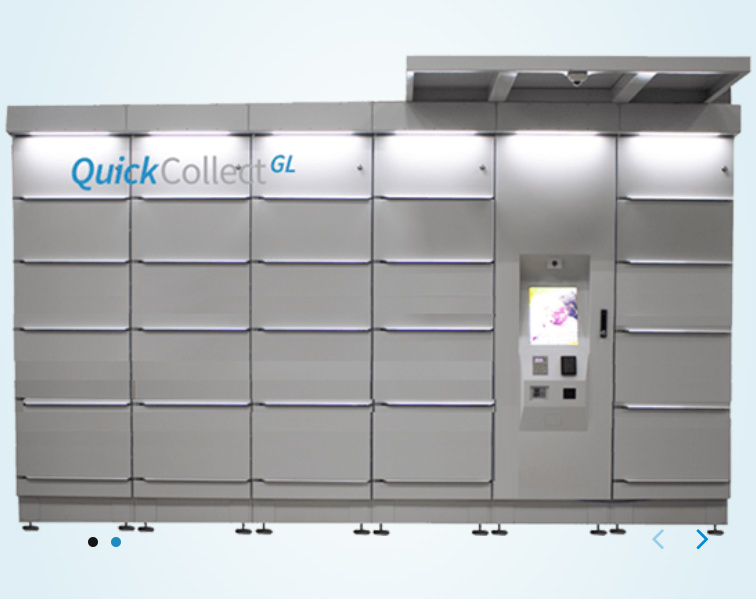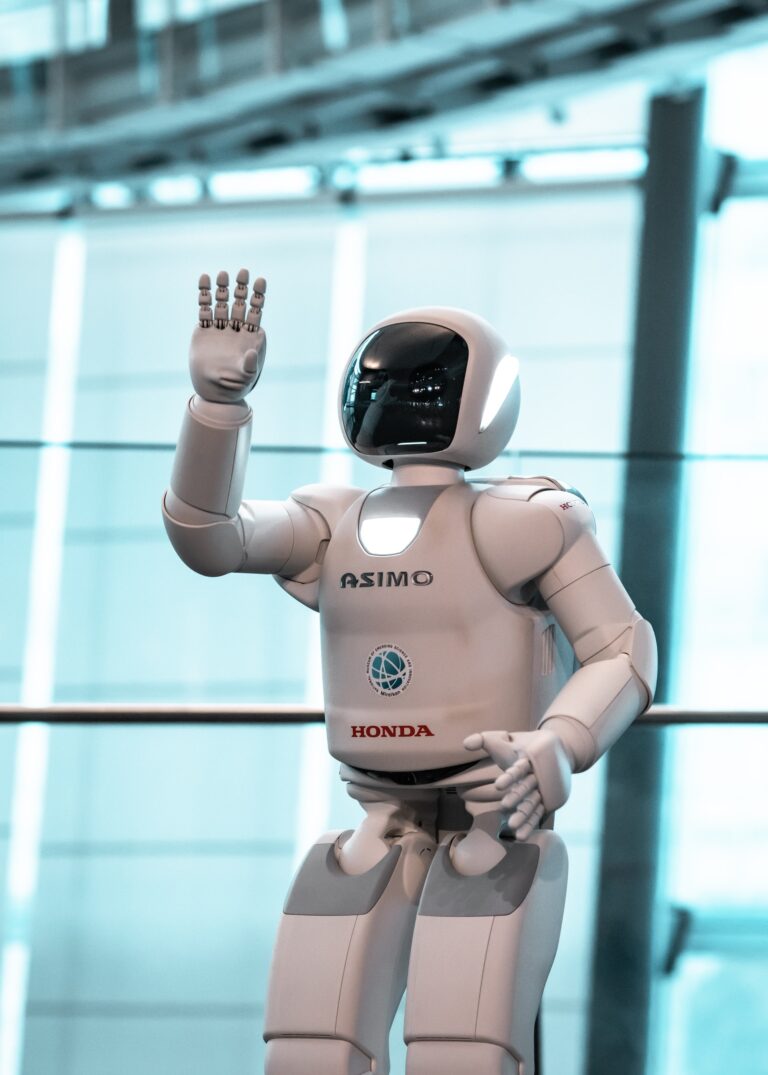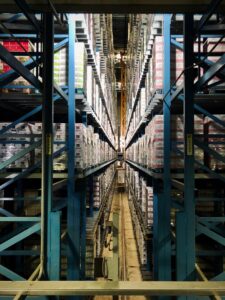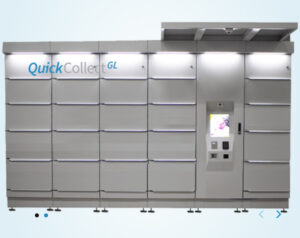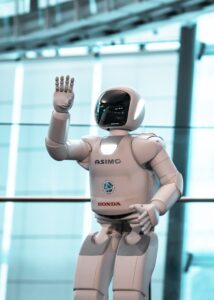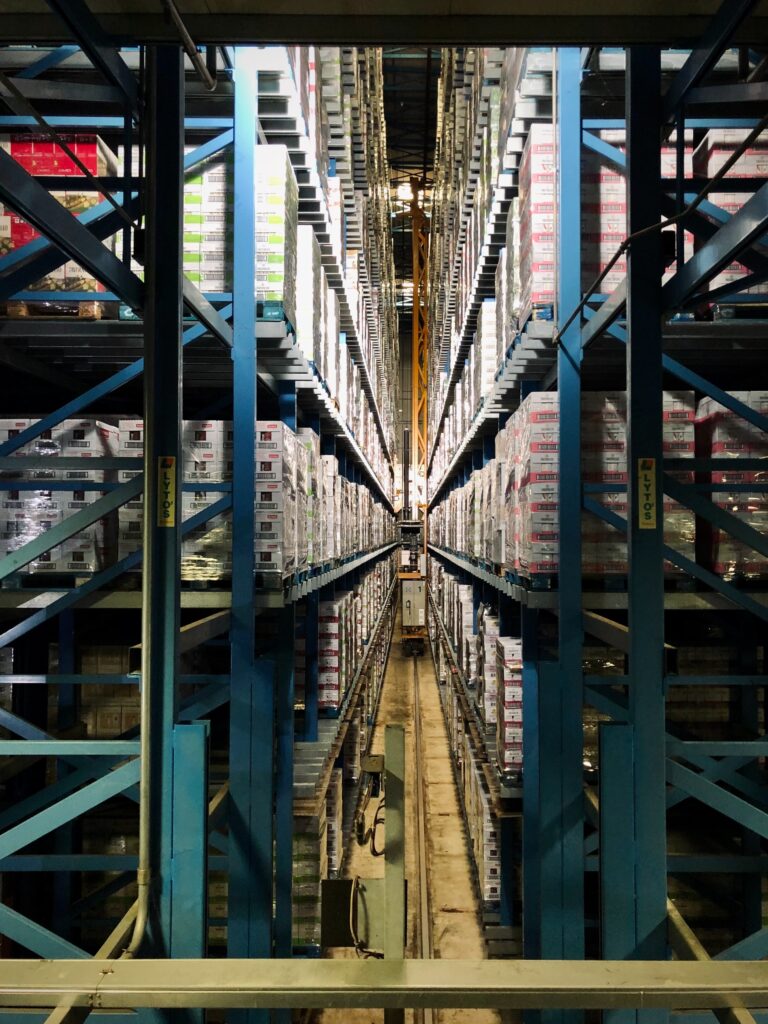
D2C brands should adopt four solutions to overcome supply chain obstacles
The growing demand for online shopping is expanding the direct-to-consumer brands. The pandemic-led hurdles have shed light on building a smooth digital supply chain. D2C businesses need to implement few solutions for an undisrupted supply chain and perform better. 1, Firms need to establish a large warehouse with cloud-based inventory management. 2, AI and machine learning tools can help firms in assessing various factors like destination characteristics. 3, Brands need to invest in Big Data to study consumer trends and fulfil their orders. 4, Firms have to provide Real-time order tracking and transparency to satisfy the tech-savvy consumers.

